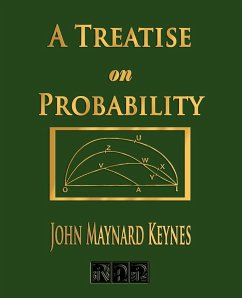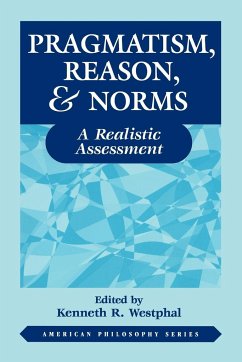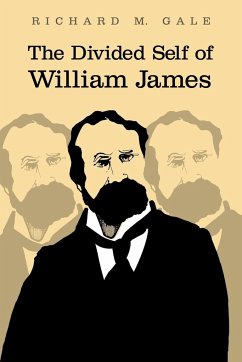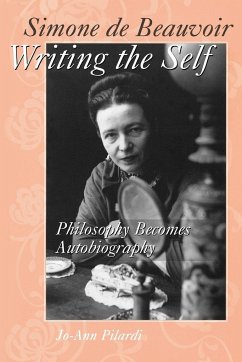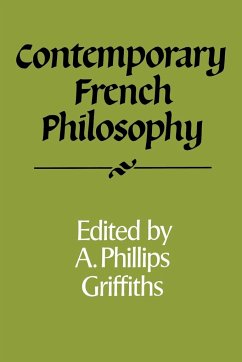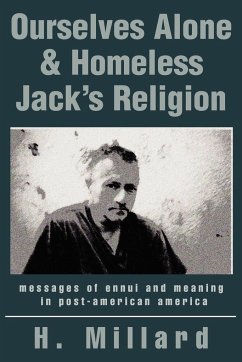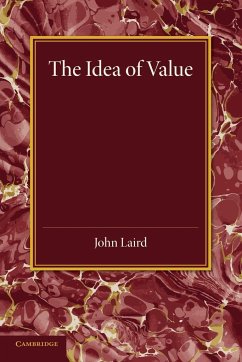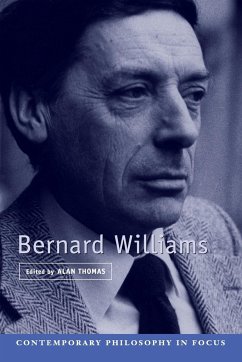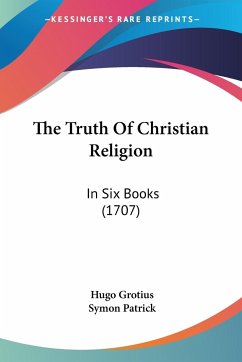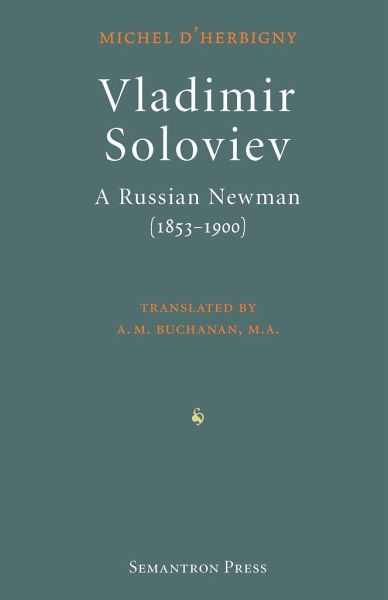
Vladimir Soloviev
A Russian Newman (1853-1900)
Versandkostenfrei!
Versandfertig in 1-2 Wochen
19,99 €
inkl. MwSt.

PAYBACK Punkte
10 °P sammeln!
Vladimir Solovyov (1853-1900), one of the greatest philosophers of the nineteenth century. He helped establish a rich tradition of Russian spirituality, inspiring a whole generation of thinkers, who followed his many-faceted spirit into diverse realms, bringing together philosophy, mysticism, theology, poetry, and powerful visionary experience with a trenchant social message. Solovyov was also a prophet, having been granted three visions of Sophia, Divine Wisdom. Less known in the anglophone world than Berdyaev (who was a pupil of his), Solovyov has a contribution of the first importance to of...
Vladimir Solovyov (1853-1900), one of the greatest philosophers of the nineteenth century. He helped establish a rich tradition of Russian spirituality, inspiring a whole generation of thinkers, who followed his many-faceted spirit into diverse realms, bringing together philosophy, mysticism, theology, poetry, and powerful visionary experience with a trenchant social message. Solovyov was also a prophet, having been granted three visions of Sophia, Divine Wisdom. Less known in the anglophone world than Berdyaev (who was a pupil of his), Solovyov has a contribution of the first importance to offer to Western thought at its deepest level. Solovyov came from a rich and not yet fully understood tradition; his erudition was stupendous. Like his predecessors he was extremely sensitive to such problems as the religious meaning of history, of creativity, of culture. It is important to emphasize a general link between Solovyiev and preceding currents of Russian thought, for his Christian philosophy in a sense embraces them all. Dostoyevsky and Leo Tolstoy sat at his feet. The differences between the Orthodox, Roman, and Anglo-Catholic and many of the Protestant Churches are not found in relation to the great dogmas or articles of the creed. Soloviev has a vital and unique message to Christians of all denominations; he offers a basis for reunion rarely suggested in Western Christianity, and this explains the motivation for this masterly study of Soloviev as playing a role in the Christian East similar to that played by John Henry Newman in the Christian West.





